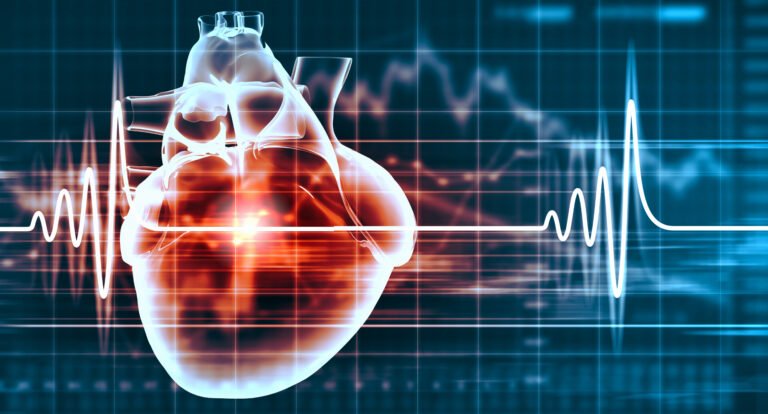The first real-world trial of the AI tool found improved treatment for up to 45% of patients. AI technology could save the lives of thousands of people with chest pain who are not recognized as being at risk for heart attack and may not receive appropriate treatment to lower their risk. . The technology was also found to be cost-effective, so researchers hope it could transform the management of patients referred for investigation of chest pain across the NHS.
Around 350,000 people in the UK undergo a cardiac CT scan each year. This is a standard test to identify narrowings or blockages in the coronary arteries. In about three-quarters of cases, there are no obvious signs of significant stenosis, so patients can often be discharged home with peace of mind. Unfortunately, many of these people will die from heart attacks in the future. This is because small, undetectable narrowings can break down when they become inflamed and clog arteries. Until recently, it was not possible to identify patients at risk.
In this new study, funded by the British Heart Foundation, Professor Charambos Antoniades and his team from the University of Oxford’s Radcliffe School of Medicine looked at 40,000 people undergoing regular cardiac CT scans across eight UK hospitals. The above data were analyzed. Participants were followed for a median of 2.7 years. While patients with significant narrowing of their coronary arteries were more likely to have a serious cardiac event or death, twice as many patients without significant narrowing experienced a heart attack or death.
The team was then trained with information about fatty changes around inflamed arteries, which can indicate risks such as heart attack, as well as narrowing of the arteries and other clinical risk factors. We used new AI tools. Further testing in 3,393 more patients over seven and a half years found that the researchers could independently and accurately predict the risk of cardiac events.
Among people without blockages in their arteries, those with the highest levels of inflammation in their blood vessels had a more than 10 times higher risk of cardiac death than those with lower levels of inflammation.
In a world-first pilot, the team provided clinicians with AI-generated risk scores for 744 consecutive patients and found that clinicians changed patients’ treatment plans in up to 45% of cases. This shows that this AI tool can be extremely valuable. Provide guidance and information on how to manage patients with chest pain, ensuring early identification and preventive treatment of patients most at risk.
Analysis comparing the use of AI tools to standard care reveals that they are highly cost-effective for the NHS. Furthermore, the researchers estimate that introducing the technology to the NHS could reduce heart attacks by more than 20 per cent and heart deaths and strokes by 8 per cent in people tested. The technology needed to power this AI tool has already been commissioned by NHS England for a pilot program in five NHS hospitals, and researchers believe the tool could soon be rolled out across the UK. I hope there is.
Professor Charalambos-Antoniades, Head of the BHF Department of Cardiology and Director of the Acute Multidisciplinary Imaging and Intervention Center at the University of Oxford, said: ‘Our study shows that some patients admitted to hospital with chest pain feel reassured. It turns out that they are often sent home.” – Even if there are no signs of disease in your heart arteries, you are at high risk of having a heart attack within the next 10 years. Here we demonstrate that providing clinicians with an accurate picture of risk has the potential to change and improve treatment for many heart disease patients.
“We hope this AI tool will soon be rolled out across the NHS and help prevent thousands of avoidable heart attack deaths in the UK every year.”
Professor Sir Nilesh Samani, Medical Director of the British Heart Foundation, said: “This study shows that AI-based technology can play a valuable role in better identifying patients who are most at risk of a future heart attack. “We show that this can help clinicians make better treatment decisions for their patients.” patient.
“Too many people die needlessly from heart attacks every year. We need to harness the potential of AI to guide patient care and ensure that the NHS is equipped to support its use. It is important to ensure that this technology is eventually rolled out across the NHS and will help save thousands of lives each year that would otherwise be left untreated. I hope so.”


